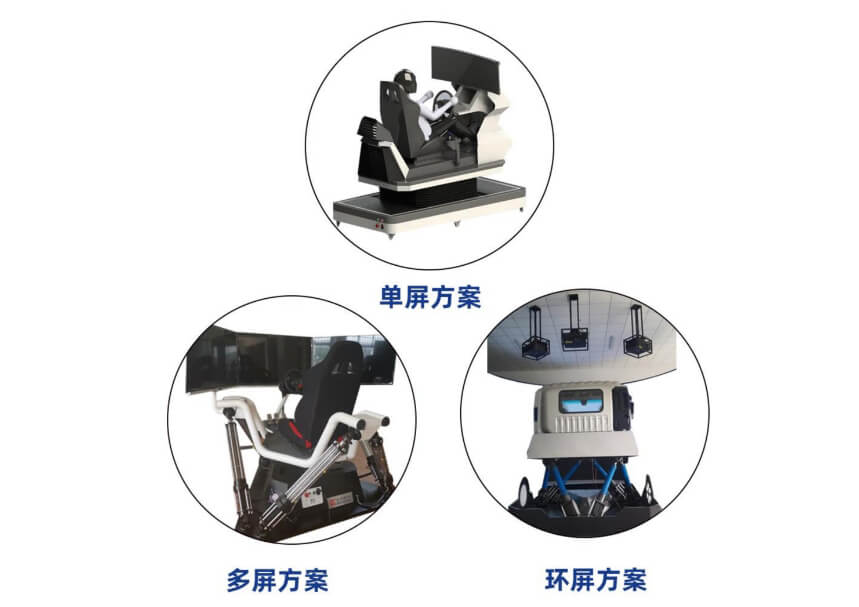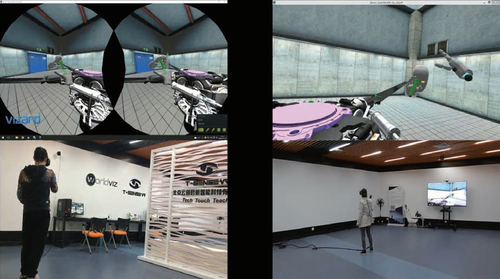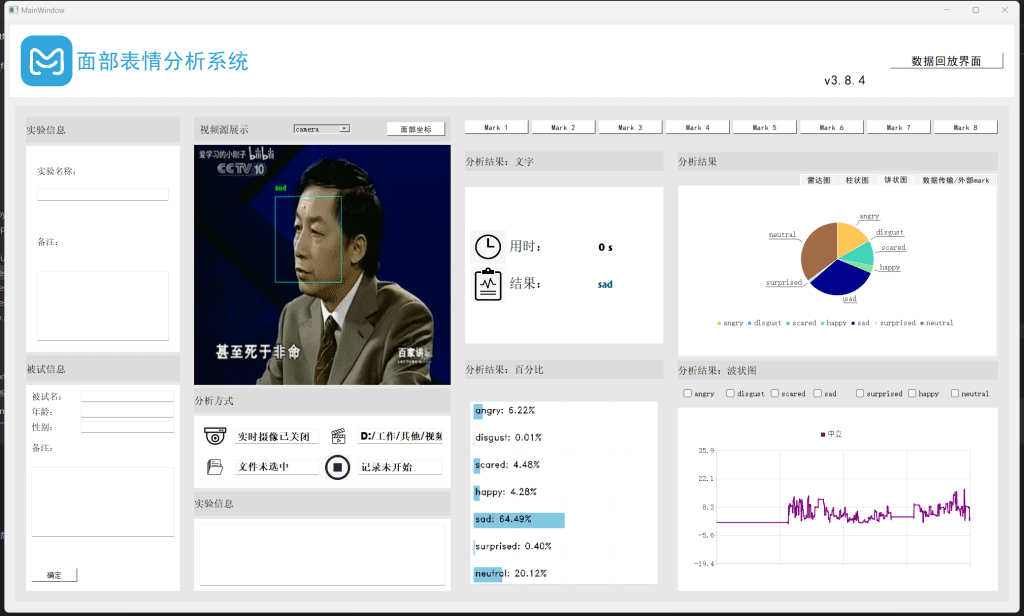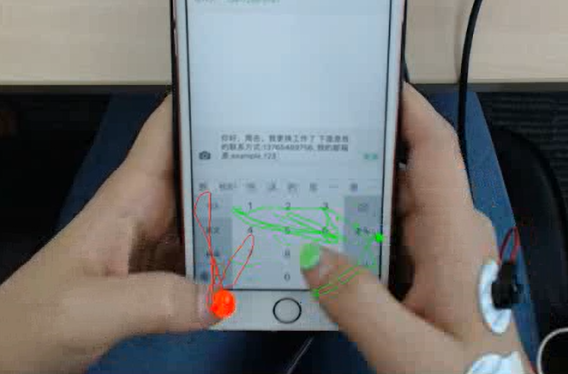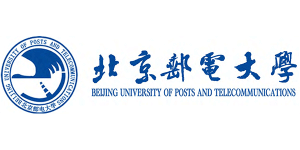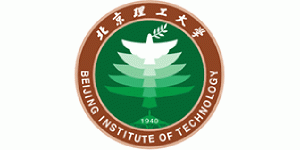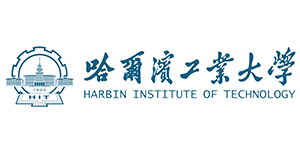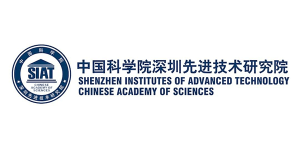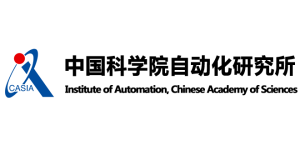





It is the overall orientation of the development of Chinese management science to be guided by the enhancement of organizational effectiveness and dedicated to the construction of an autonomous knowledge system of Chinese management science.
Digital intelligence technology provides management scholars with rich tools to expand the depth, breadth and precision of management research. This book aims to summarize and interpret the dual macro and micro management research paths for the reality and the future, and help more researchers to deeply excavate, refine and reveal the complex scientific laws in management activities: at the macro level, combined with large-sample multimodal data analysis, to explore the overall laws of management activities; at the micro level, through behavioral data analysis, to reveal the psychological and neurological mechanisms behind the decision-making of management behaviors. The book focuses on operability, which makes it easy for readers to master various research methods and apply them to practical research. In addition to describing the basic theoretical background, the book also introduces and analyzes a large number of related management research literature and its application of research methods.
This book brings together the collective wisdom of 23 outstanding scholars from 15 well-known universities in China. In the future, Chinese management science will continue to improve the effectiveness of organizational management, promote the high-quality development of the economy and society in an all-round way, and continue to create great economic and social benefits.
Management research is geared towards organizations, aiming to use scientific research methods to refine and reveal scientific management laws, and to help managers use these scientific management laws to better manage economic organizations and achieve organizational and social development goals. With the changes of domestic and international situations, the advent of the digital age and the progress of science and technology, organizations and their management are facing brand-new opportunities and challenges, and are increasingly presenting a series of new features, new modes and new laws. Accordingly, traditional management research methods are no longer able to meet the management needs of organizations due to the inherent limitations in acquiring and analyzing data, and there is an urgent need for continuous innovation of research methods in both academia and industry.
In fact, with the development of science and technology, a variety of new research techniques and tools are constantly emerging, which makes it possible to use the management research methods in the era of digital intelligence to effectively solve many problems that cannot be solved by traditional methods. Moreover, the use of management research methods in the era of digital intelligence to obtain and analyze data from more sources and in more forms has become a necessary way to enhance the scientific validity and effectiveness of management research. In view of the fact that management activities occur in the interaction between people (including digital people), we reveal the laws from the following two aspects: firstly, we start from the macro level, combining the analysis of large samples and multi-state data to reveal the overall laws of management; secondly, we start from the micro level, using behavioral data analysis to reveal the internal mechanism of psychological and neural level behind the decision-making of management behaviors. The above two aspects complement each other: micro-level behavior aggregates to form macro-level phenomena, while macro-level phenomena in turn inspire micro-level mechanism analysis.
The initial idea of this book is based on such a realistic background, aiming at summarizing and interpreting the above two realistic and future-oriented management research paths, so as to enable more management researchers and researchers of related disciplines to use these cutting-edge methods to more deeply explore, refine and reveal the complex scientific laws embedded in management activities. We believe that management is both a science and an art, and that we need to synthesize and apply wisdom and methods to effectively deal with various specific management situations.
This book consists of three chapters, namely, Foundations of Management Research Methods in the Age of Digital Intelligence, Frontier Methods in Big Data-Driven Management Research, and Frontier Methods in Cognitive-Driven Management Research. Among them, the first one includes two chapters. Chapter 1 is an introduction to the book's overview and chapter structure (Yonggui Wang, Zhejiang Gongshang University; Ming Jia, Northwestern Polytechnical University), and Chapter 2 focuses on the theoretical foundations of the use of machine learning and big data-related methods in management research [Zhengrui Jiang, The Chinese University of Hong Kong (Shenzhen). The second chapter includes six chapters focusing on the use of machine learning methods to analyze multimodal data generated by management activities. Chapter 3 focuses on methods to collect various multimodal data (including text, image, voice, and video data) (Longfeng Zhao, Northwestern Polytechnical University (NWPU)), Chapter 4 describes how to apply machine learning methods to analyze textual data generated by management activities (Renlong Jie, Northwestern Polytechnical University (NWPU); Xivi Yi, Peking University (Peking)), Chapter 5 focuses on how to apply machine learning methods to analyze management activities(Wang Feng, Hunan University), Chapter 6 focuses on how to apply machine learning methods to analyze speech data generated in management activities (Liu Shan, Xi'an Jiaotong University), Chapter 7 focuses on how to apply machine learning methods to analyze video data generated in management activities (Xu Kaiquan, Renmin University of China; Zhao Bin, Northwestern Polytechnical University), and Chapter 8 focuses on issues that need to be taken care of when applying multimodal analysis methods to management research (Shao Kaiyu, Capital University of Trade and Industry), and Chapter 8 focuses on issues that need to be taken care of when applying multimodal analysis methods to management research. attention when applying multimodal analysis methods (Shao Kaiyu, Capital University of Economics and Business). The third chapter consists of nine chapters, focusing on the micro perspective, and emphasizes how various "heart and mind" science and technology can be applied to management research. Chapter 9 focuses on the basic principles of experimental research methodology for conducting micro-perspective studies (Xiaoyi Wang, Zhejiang University), Chapter 10 focuses on how to conduct management research by combining facial expression analysis tools with sentiment analysis (Zhe Zhang, Xi'an Jiaotong University), Chapter 11 focuses on how to conduct management research by combining physiological polysomnography tools with sentiment analysis (Gui Ye, Chongqing University), and Chapter 12 focuses on how to conduct management research by combining physiological polysomnography tools with data collection (Gui Ye, Chongqing University). Chongqing University), Chapter 12 focuses on how to start from brain neural analysis combined with EEG analysis tools to carry out management research (Yi-Wen Wang, Zhejiang Gongshang University), Chapter 13 focuses on how to use functional magnetic resonance imaging technology to obtain brain neural data in management activities to carry out management research (Yu Pan, Jia Jin, Shanghai International Studies University), Chapter 14 focuses on how to use functional near-infrared spectroscopy brain imaging (Tao Liu, Xiaoyu Yu, Lin He, Shanghai University), Chapter 15 focuses on how to use genetic research and molecular regulation technology to conduct management research (Siyang Luo, Sun Yat-sen University), Chapter 16 focuses on how to use neurointervention and noninvasive brain stimulation technology to conduct management research (Jianbiao Li, Shandong University), Chapter 17 focuses on how to use virtual reality technology to conduct management research (Kuai Shuguang, East China Normal University). This book is the result of the collective wisdom of 23 like-minded and renowned experts and scholars from 15 well-known institutions of higher education in China in various fields. Prof. Wang Yonggui and Prof. Jia Ming unified the whole book.
As a cutting-edge research methodology textbook in the field of management in the era of digital intelligence, this book has typical cross-disciplinary and cutting-edge characteristics, and strives to become a guide that can instruct many scholars to carry out research using these cutting-edge methods. At the same time, we expect that the publication of this book will help promote the diversification, modernization, and interdisciplinarity of management research methods, provide researchers with diversified means of acquiring and analyzing data, and effectively enhance the scientific and effective management research. This book not only focuses on the introduction of the principles of the methodology, but also attaches importance to the combination of the actual cases in management research to illustrate the specific processes and steps of using specific methods.
The writing of this book was also supported by many young scholars and graduate students. We would like to express our special thanks to Dr. Linglin Wang from Zhejiang Gongshang University, Dr. Qinghong Tian from Zhejiang University of Finance and Economics, and graduate students Sijia Zhang, Hanyue Dai, Lulu Ye, Pengdong Xue, Yuhui Wang, and Depeng Liu from Northwestern Polytechnical University for their participation in proofreading and reviewing of the chapters. In view of the limited ability of the authors, this book will inevitably contain some omissions and errors, and we kindly ask you to criticize and correct us in order to help us revise and improve the book in the future.
Wang Yonggui Zhejiang Gongshang University
Jia Ming Northwestern Polytechnical University
The book systematically introduces the research methods related to AI technology that have been adopted in cutting-edge research results, and analyzes the application scenarios, application examples, innovations compared with traditional research methods, possible contributions, as well as research suggestions and precautions of various methods in management disciplines. This book is not only an introduction to methods and an explanation of research tools, but also a concrete embodiment of AI for science in the management discipline, which makes an important contribution to the advancement of management research and the development of the discipline.
Zhang Yuli Dean, School of Innovation and Entrepreneurship, Nankai University
Changjiang Scholar Distinguished Professor, Ministry of Education
Co-authored by Prof. Wang Yonggui, Prof. Jia Ming and other 23 scholars, Management Research Methods in the Age of Digital Intelligence responds to the methodological innovation of the management discipline in the wave of digital intelligence. Driven by "digital intelligence" and "interdisciplinarity", the book builds a research framework combining macro and micro: at the macro level, through machine learning and multimodal data analysis, it breaks through the limitations of data acquisition and analysis in traditional management research; at the micro level, through neuroscience, physiology and other techniques, it provides an innovative methodology for management research. At the micro level, neuroscience, physiology and other technologies are used as tools to explore the psychological mechanisms and neural basis behind decision-making. Management research in the era of digital intelligence needs to break through the shackles of traditional thinking. This book not only provides diversified tools and methods for researchers, but more importantly promotes the transformation of the management discipline to data-intensive and cognitively driven research. I believe that this book will become an important reference for management scholars, graduate students and practitioners, helping the academic community to refine more explanatory theories in the age of digital intelligence and provide scientific support for the sustainable development of organizations and society.
Ma Qingguo Academician of the International Eurasian Academy of Sciences
Proponent of neuromanagement
How to do management research in the age of digital intelligence? This book provides an in-depth discussion of the impact of digital intelligence (digitalization + intelligence) on management research, covering the application of cutting-edge technologies such as big data, multimodal data analysis, machine learning, etc., which greatly helps researchers to better understand the paradigm shift of research in the context of digital intelligence. The book's comprehensive methodology, interdisciplinary perspective, and forward-looking thinking make it an important work in the field of management research in the age of digital intelligence.
Zhou Zheng Chair Professor, School of Economics and Management, The University of Hong Kong
H.T. Chung Foundation Chair Professor
Science is used to understand and transform the world. Among other things, understanding the world relies on the use of scientific research methods to analyze and grasp the laws of the objective world, while transforming the world is the application of these objective laws to plan and influence the operation of the objective world, thereby serving the survival and development of mankind and creating a higher level of human civilization. In this process, education plays an important role. Human beings accumulate and share knowledge about the laws governing the operation of the objective world with future generations, and teach them how to apply this knowledge and methods to recognize and transform the world. This is the basic logic by which science drives the development of human society.
Management is an important part of the scientific jungle. In the current era of digital intelligence, what should be the position of management science? Undoubtedly, Chinese-style modernization is the fundamental way to realize the great rejuvenation of the Chinese nation, and the realization of Chinese-style modernization requires the significant improvement of economic strength, scientific and technological strength and comprehensive national power. Among them, the high-quality development of the economy is the primary task. The key to realizing sustained high-quality development of the economy lies in fostering a group of micro-enterprises with sustainable competitiveness. Obviously, this is highly dependent on the support of numerical intelligence-enabled management science and the many business elites cultivated by management science, which is also the orientation and mission of management science. Management scholars have the responsibility and obligation to explore how to lead management science to better serve Chinese-style modernization.
In fact, the body of knowledge of the management discipline has been enriched with the continuous progress of human business activities and the expansion of its scale and field. From the early primitive tribal bartering to the individual businessmen and handmade workshops in the era of agricultural economy, to the machine mass production and scientific management in the era of industrial revolution, to the various emerging economic forms (e.g., platform economy, smart economy, etc.) and their innovation and development assisted and supported by computer algorithms nowadays, human beings have accumulated a large amount of management knowledge and management research methodology in their business activities, and have continued to learn and disseminate them. How to utilize the existing management knowledge and management research methods to guide and support various management activities, so that they can be carried out more efficiently and effectively. In the whole process, the economic and social development at home and abroad and the growth of microenterprises clearly show that: the management discipline is not dispensable, not to mention the so-called "soft" disciplines, the management discipline in the era of intelligence has a huge potential for development and broad prospects for the application of the management discipline, and has a great deal to do, and a great deal of potential. The discipline of management will continue to improve the efficiency and effectiveness of organizational management, promote the development of modern business activities, support the high-quality development of the economy and society, and create enormous economic and social benefits.
It is the basic mission and general orientation of the development of Chinese management science to build an independent knowledge system of Chinese management science oriented to contribute to the improvement of enterprise efficiency and effectiveness. Management is an important practical field of national economic development, and management science has the inherent practical attribute of making important contributions to national strategies. However, with the rapid change of management practice, the development of management science lags behind the practice to a considerable extent. To a certain extent, management science has copied western doctrines and research paradigms, which are not close enough to the important practical problems in China and urgently need to be transformed and upgraded. To build an independent knowledge system of Chinese management science, it is necessary to re-examine the theoretical foundation of management science, to draw on the advanced achievements of western management science and at the same time, to take root in China's local management practice problems in a practical manner, to focus the development of the discipline on the major practical problems facing the development of the country, region, industry and enterprise, and to build management science on the ground of China.
First, we should take "Management + Artificial Intelligence" as the basic framework to build and improve the discipline system, academic system and discourse system of management science, and continuously optimize the paradigm choice and strategic path of the development of Chinese management science. Management science has an open nature, but in the past development, it has been caught in the "quagmire" of increasingly narrow research fields. The arrival of the era of digital intelligence provides a rare opportunity for the paradigm transformation of management science, but also poses a serious challenge for the transformation. Paradigm transformation is first reflected in the cross-fertilization of management science with artificial intelligence and "science, technology, agriculture and medicine". Digitalization and AI are changing the practice of business administration in both breadth and depth. China is leading the world in digital economy and AI practice, which provides a fertile ground for cross-disciplinary practice for the paradigm transformation of management with Chinese characteristics, Chinese style and Chinese flavor.
Secondly, to build an ecosystem of "Management + Artificial Intelligence" disciplines through the deep integration of industry, academia, research and education, to build business schools in industries and enterprises, and to focus on the in-depth integration of industrial and enterprise practices, which is the main hand and key strategy for the upward trend of China's management degree. This is the main grip and key strategy of China's management degree. To this end, "Management + Artificial Intelligence" cross-discipline should be established as soon as possible to give new vitality and new power to the management science; leading the world's leading practice of cutting-edge case studies as the leading, digging deep into the wisdom of China's management, drawing on the West's management frontiers, integrating China's cutting-edge cases and China's wisdom, and focusing on China's major real-world problems; using scientific research methods to analyze new problems in Chinese context; compile teaching materials with Chinese characteristics of problem orientation, autonomous attributes and discourse system, and use them as a sharp tool for management teaching innovation and the construction of an autonomous system for the cultivation of high-quality management talents. For example, Zhejiang Gongshang University, rooted in the fertile soil of Zhejiang Province, took the lead in proposing "building business school in industry", and explored and formed the "5C" program in practice: the business school and enterprises to build talent training bases, teachers and business executives to jointly carry out case studies, and to focus on important practical problems and problems of enterprises. The "5C" program has been explored and formed in practice: the business school and enterprises build talent training bases together, teachers and enterprise executives carry out case studies together, build curriculum projects around important practical problems and talent needs of enterprises, carry out problem-solving oriented learning actions at the team level together, and explore the shared talent training mechanism of both business and academic sectors.
Thirdly, efforts should be made to utilize scientific methods to effectively address the issues of usefulness and relevance and to improve the "hardness" of the discipline. To enhance the usefulness of the management discipline, we need to focus on the four aspects of the setting of the research field, the scientific enhancement of research, the specialization of knowledge transfer and the support of graduates, thus forming a "4S" system.
In order for management science to be useful, it is necessary to first figure out who the discipline is "for", especially to focus on the theme of promoting the construction of Chinese-style modernization, and to study in depth the role of enterprises in it, i.e., the topic of the times. In fact, the development of the discipline and the creation of knowledge are inseparable from changes in the external environment. This reflects the fact that knowledge comes from reality and reacts to reality. For example, in the new context of the times and the external environment, we need to rethink what the theory and practice of business management in China really is. Are the theories of business management based on the Western environment still applicable to China? All research is based on certain assumptions. The assumption of Western enterprise management theory is based on the assumption that enterprises are "self-interested", i.e., they are organizations that exist in order to obtain maximum economic value. However, our country is a socialist country, and the values of enterprises should not be "self-interested", but at least "reciprocity", i.e., emphasizing the harmonious coexistence of enterprises with the society and the environment. In this way, we need to identify new business management issues that require attention in the current environment. The following three areas are particularly important.
(1) The mission and responsibility of Chinese enterprises. This topic involves different types of enterprises, such as state-owned enterprises and private enterprises, as well as different scenarios of enterprises, such as platform enterprises. We first need to clarify the fundamental question of "what Chinese enterprises exist for", and define their mission and responsibility, and then we can plan the management practice path and strategy system of Chinese enterprises accordingly.
(2) Value creation by Chinese enterprises. There is no doubt that enterprises should create value, but the key lies in how they do it. For example, whether it is based on "exploitation" or "co-creation" makes a big difference. The key question is how Chinese enterprises, as an important force in promoting Chinese-style modernization, can be strengthened in the context of green and low-carbon transformation and the promotion of high-quality development.
(3) Management practices of Chinese enterprises. Chinese enterprises have a wealth of original management practice activities. How to implement corporate governance, financial management, marketing, supply chain management, enterprise operation management, etc., and how to plan the path of management practice for Chinese enterprises around the path of value creation, combining information technology and artificial intelligence, and taking into account the impact of the aging population and the green and low-carbon transition in the future, are important issues.
By clarifying the above three aspects of the problem, there is hope that an autonomous knowledge system of Chinese management science can be constructed. Management science to be useful, around the above fundamental issues to carry out research should be able to summarize the formation of really scientific knowledge, in order to figure out the "why". On the basis of a clear research field, efforts should be made to improve the "hard" degree of management research.
The development of management science needs to advance to "hard" science in a timely manner. Management scholars are in the middle of theory and practice, and should discover interesting phenomena from reality, refine scientific issues, construct theoretical explanations, establish cause-and-effect relationships, and use advanced means to obtain data to verify theories. The scientific conclusions thus obtained are in turn used to guide practice. In the process of applying theories to practice, changes in external conditions and internal environments lead to contradictions in the applicability of theories, which in turn give rise to new scientific problems. In this way, theory and practice form a spiral of mutual reinforcement.
In order to improve the "hard" degree of the future management discipline research to "hard" science evolution, need to be extended in two directions: theoretical research on the "into the heart into the brain", the practical application of the In the theoretical research "into the heart and mind", and in the practical application "into the enterprise and into the policy". With the advent of the digital age, we have more means to obtain data that "enter the heart and mind", and the scientific knowledge formed by these studies can more easily enter the micro-organizational scenarios of human-computer co-operation through digital tools, such as algorithms, models, and so on.
Great management ideas come from management practice and are higher than management practice. On the basis of advancing towards "hard" science and our rich management practice, we will certainly be able to produce great management ideas and contribute Chinese management wisdom to the world.



Free book giveaway by code, limited to 30 people!
If there is any infringement, please contact us for removal!
Company Profile
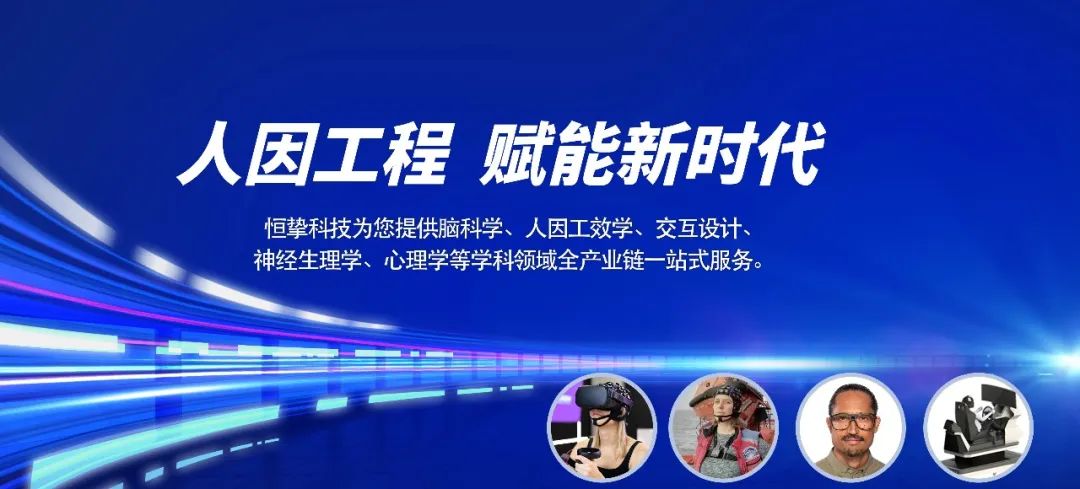


Ltd. is an innovative high-tech enterprise focusing on cutting-edge technology, specializing in brain science, neural management, human factors engineering, biomechanics, anthropomorphic environments and XR simulation reality and other multidisciplinary cross-cutting fields. The company is invested by Zhongke (Guangdong) Science Group, relying on the scientific research strength of Guangdong Human Factors Technology Research Institute and Wuhan Human Factors Engineering Technology Research Institute, and has constructed a professional operation system integrating research and development, production, sales and technical service to provide customers with one-stop, high-quality scientific and technological solutions.
With excellent innovation ability, Hengbest Technology has been awarded many invention patents, software copyrights and registered trademarks, selected in many authoritative lists such as National High-tech Enterprises, and participated in the compilation of national standards and group standards. The company has been serving universities and research institutes for a long time, and has cooperated deeply with many national societies such as the Chinese Society of Ergonomics, the Chinese Psychological Society, the Architectural Society of China, etc. The company organizes and participates in more than 40 academic conferences every year to promote technical exchanges and the development of the industry.
With the concept of "Technology Empowerment, Innovation Drive", Hengzhi Technology is committed to become a leading technology enterprise in the industry, to help national scientific and technological progress and social development, and to work together with partners from all walks of life to achieve a better future of technological empowerment.
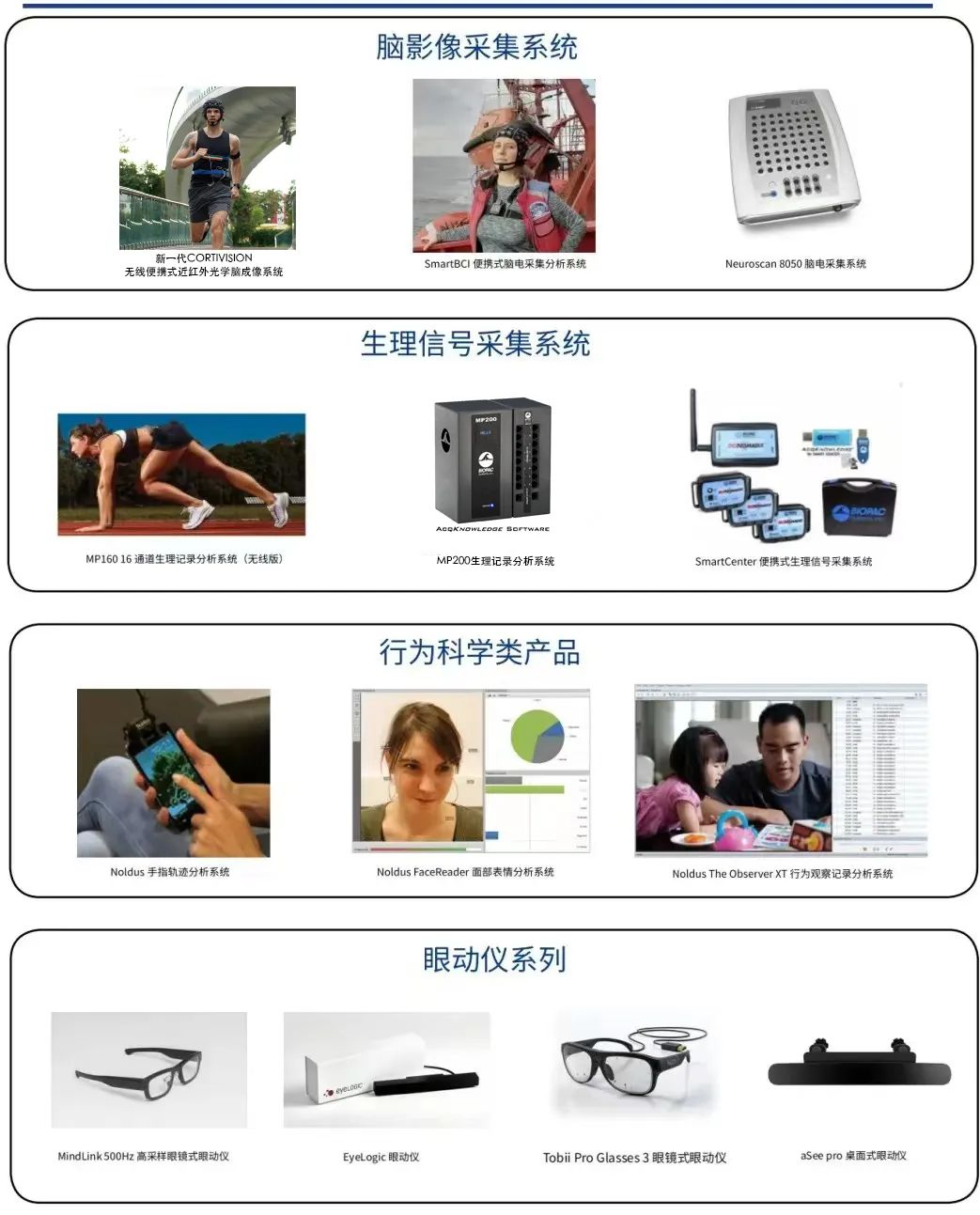


Scan the code to follow us






































